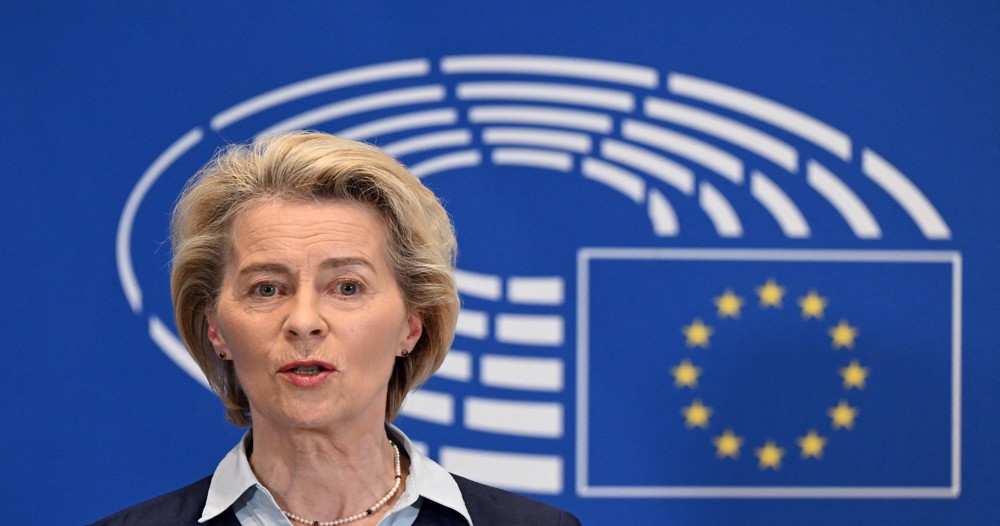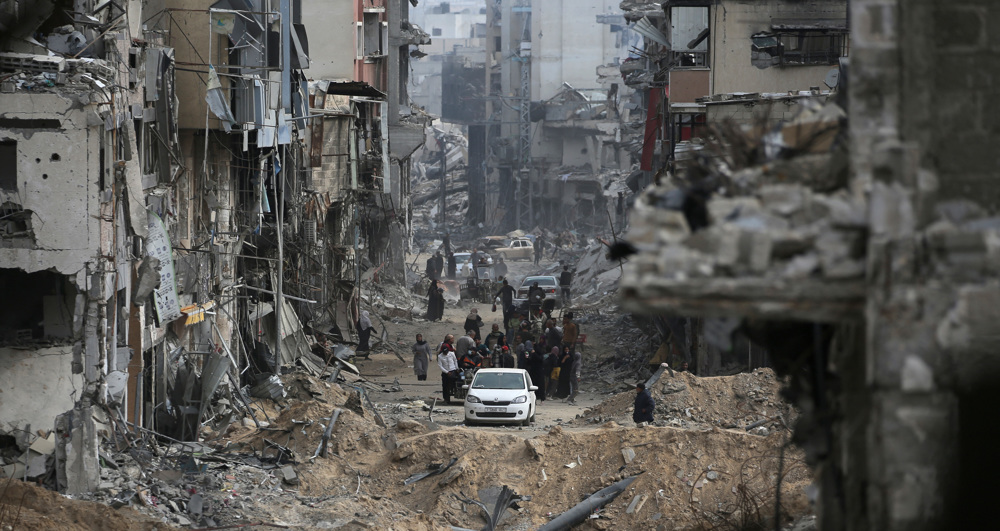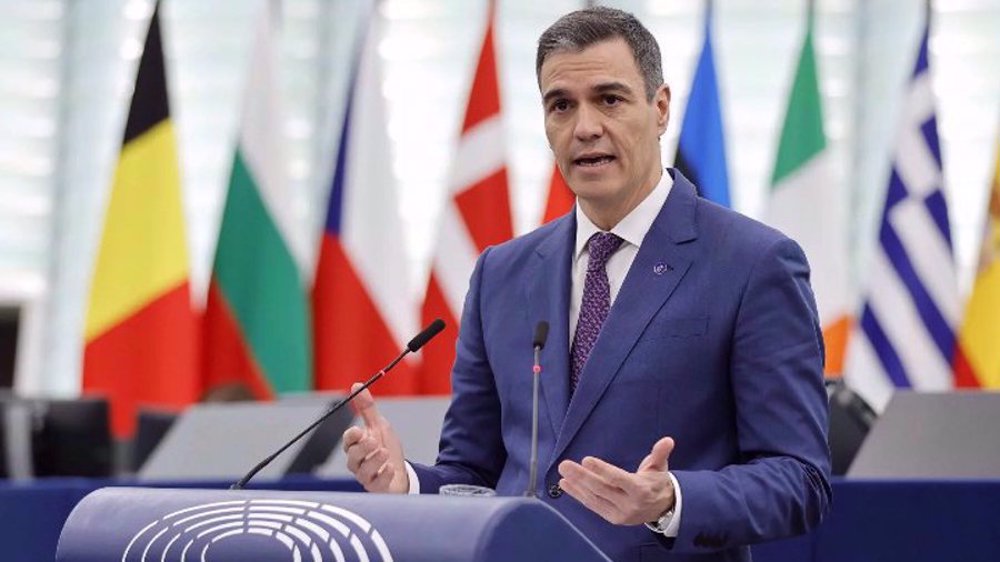Tsipras reshuffles cabinet in show of authority
Greek Prime Minister Alexis Tsipras has reshuffled his cabinet amid mounting opposition among the ministers and their deputies from the ruling Syriza Party over a new bailout package being negotiated between Athens and its international creditors.
The cabinet reshuffle is viewed as an effort by Tsipras to show to the country’s creditors that he retains control over an increasingly rebellious government.
The energy minister, Panagiotis Lafazanis, who heads Syriza's hard-line Left Platform and a staunch supporter of exiting the eurozone, was sacked to be replaced by the incumbent labor minister, Panos Skourletis, who is a close ally of Tsipras, AFP reported.
The deputy defense minister, Nikos Toskas, who was close to Lafazanis, and government spokesman Gavriel Sakellarides were also relieved of their duties.
Tsipras also filled the posts of the junior ministers of finance and foreign affairs, who had resigned earlier this week in a bid to show their dissent with the bailout deal.
The new members of Tsipras’ cabinet are set to be sworn in at a ceremony on Saturday.
Meanwhile, the European Union has approved a loan of 7.16 billion euros ($7.77 billion) to Greece in short-term cash in order for the debt-laden country to repay a 4.2-billion euro ($4.6 billion) debt due to the European Central Bank on Monday.
This loan, to be disbursed over two installments, will also help Greece clear arrears with the Bank of Greece and the International Monetary Fund.
“What we're witnessing is European solidarity in action… Politicians across 27 countries have invested their own political capital to speed through national decisions to shoulder Greece at this difficult time for the country” said Valdis Dombrovskis, the European Commissioner for the Euro and Social Dialogue.
Greece received two bailouts worth a total of 240 billion euros (272 billion dollars) in 2010 and 2012 from the so-called troika of international lenders - the European Commission, the International Monetary Fund (IMF) and the European Central Bank -following the 2009 economic crisis.
The Mediterranean country is seeking a third bailout from the eurozone rescue fund in the hope of resolving its deepening financial crisis.
US vetoes Palestinian request for full UN membership
Iran sufficed to striking part of Israel’s military positions: FM to UN chief
IRGC: Israel’s Dimnoa nuclear reactor not among Op. True Promise’s targets
VIDEO | West Asia awakens
'Stop any further Israeli adventurism,' Iran FM tells Security Council
Google fires 28 employees for protesting military deal with Israel
Burkina Faso expels three French diplomats over ‘subversive activities’
Iran slams G7 statement, vows no iota of doubt to respond to aggression










 This makes it easy to access the Press TV website
This makes it easy to access the Press TV website